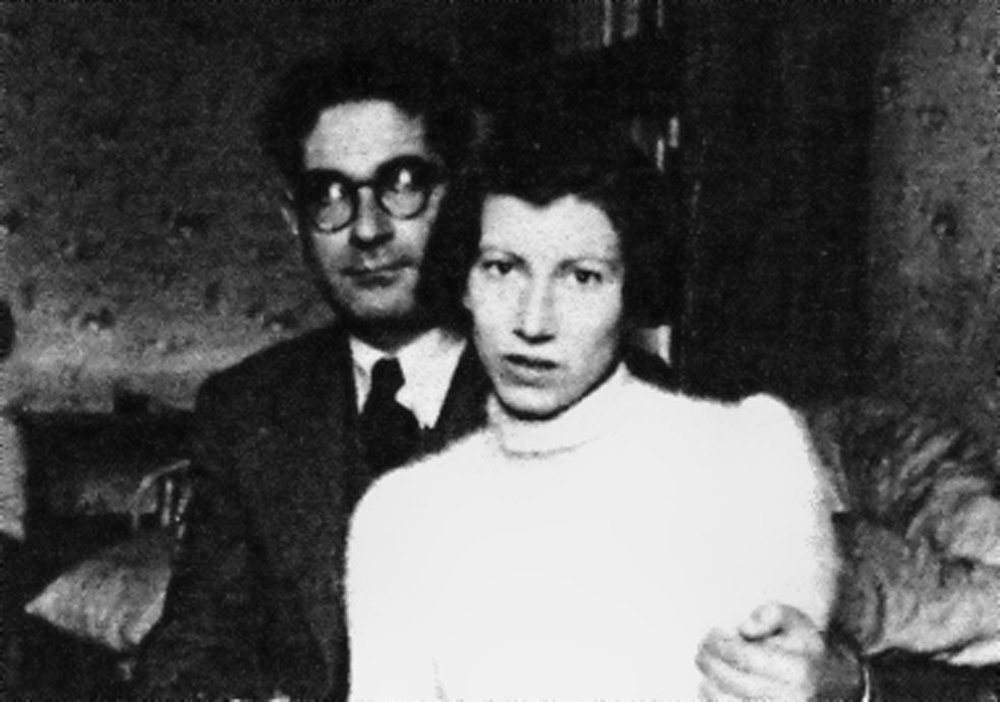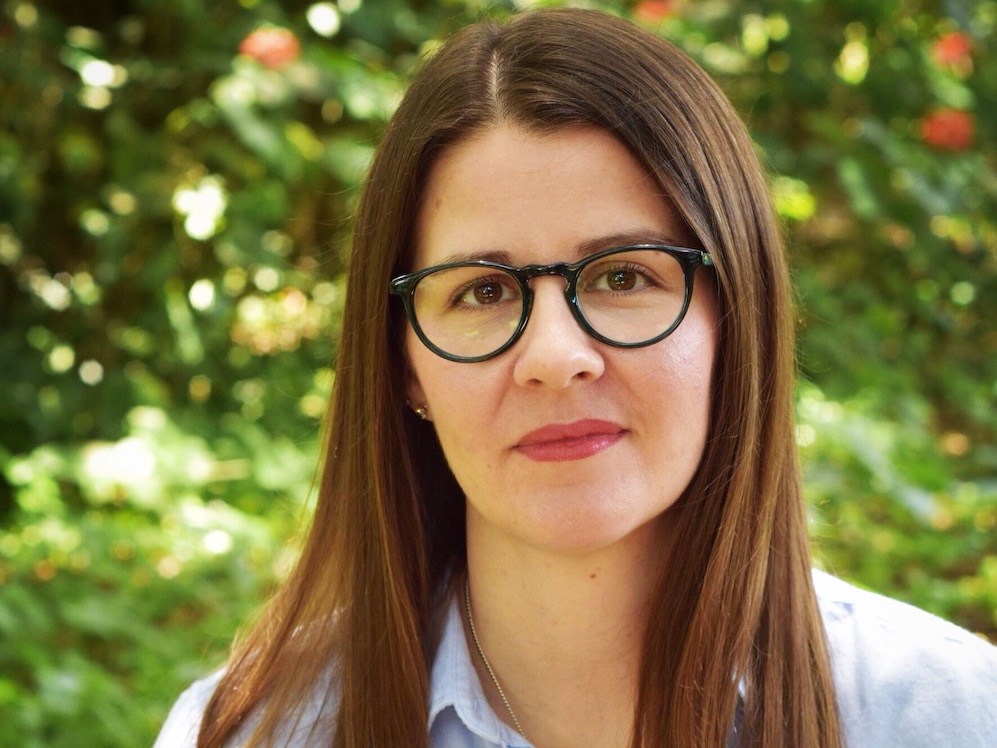Ben Lerner’s forthcoming novel The Topeka School weaves a masterful narrative of the impact that mental illness, misogyny, homophobia, politics, and religion have on children who want to be men. The book follows high school debate champion Adam Gordon’s coming of age in the nineties, told through the voices of his psychoanalyst parents, interspersed with the story of his bullied childhood peer, Darren, to form an intricate exploration of Topeka and the way we recall our youth. There is a tension in the fallibility of each memory, which Lerner’s characters examine and reexamine through the lenses of adulthood, therapy, and language. As Adam discovers poetry, the book—and thus his life—takes the form of art, something edited and revised and set out for scrutiny. In the present day, Adam demands, “Tell me what led up to this scene,” and though The Topeka School is heavily steeped in mid-90’s American liberalism and home phone lines, Lerner plots history with a contemporary eye to reconcile where we were then with where we stand now. It’s rare to find a book that is simultaneously searing in its social critique and so lush in its prose that it verges on poetry —Nikki Shaner-Bradford
Bill Callahan has the deepest singing voice of any person who has ever lived. His new album, Shepherd in a Sheepskin Vest, is about a rare and unlikely topic for a work of art: happiness. Sometime between a while ago and now, Callahan got married and had a child, and these changes seem to have unclenched the dark peony of his heart such that he is moved to sing lines like “The children came pouring and pouring out of my chest.” This is some of his most beautiful and vulnerable music to date. That’s not to say you’re in for a salsa party—by its nature, Callahan’s work is low-key and melancholy—but there’s a quiet kind of joy coursing through it. This is a life-giving and life-sustaining record. —Craig Morgan Teicher
Natalia Ginzburg’s essay collection The Little Virtues is named for her assertion that children “should be taught not the little virtues but the great ones.” These great virtues are “not thrift but generosity and an indifference to money; not caution but courage and a contempt for danger; not shrewdness but frankness and a love of truth; not tact but love for one’s neighbor and self-denial; not a desire for success but a desire to be and to know.” But this thin compendium is not called The Great Virtues, and Ginzburg’s natural writerly impulse is to find what shines in small and passing things: snow on the hills of Abruzzi, the condition of her roommate’s shoes, the particular dreariness of London restaurants, the countless small differences between her and her husband. Ginzburg’s intended project is a noble one, but what she actually accomplishes is far more human—the accumulation of daily life and how we move through it, collecting little virtues to keep along the way. —Lauren Kane
I got through Selva Almada’s The Wind That Lays Waste in one sitting, which is a rarity for me these days. In part this is because the book is slim—barely more than a hundred pages in Chris Andrews’s translation from the Spanish—and in part because it is so tightly framed, the story of a single day in four lives. But the book’s power goes beyond that. There is something as hypnotic and inexorable as weather happening here: you know the storm is coming, and you can’t look away, and you want to know how different things will look once it passes. But maybe they won’t look different. One of the tensions in this book is between certainty and its opposite, which could be doubt but could also be a kind of openness that sets you free—if freedom of any sort is possible—from what you’ve built around yourself. —Hasan Altaf
Kristen Arnett has a wicked eye for character. Mostly Dead Things, her first novel, opens with the siblings Jessa-Lynn and Milo assisting their father in the family taxidermy shop. As they apprentice on a carcass, an unexpected deer tumor leaves Milo vomiting all over the otherwise-spotless floor; Jessa-Lynn remains entirely unperturbed. Their differences—their unique identities—are anticipated and articulated from the start. But the moments I cherish most in this novel are the least pronounced, such as when Jessa-Lynn observes sensitive, gentle Milo repeatedly trying to feed change into a broken parking meter: “Another quarter. ‘Huh,’ he said. Another quarter.” Arnett perfectly renders that thin line between love and deep, deep frustration of observing one’s family, of knowing anyone’s patterns and gestures too well. That specific Why are you like this? only possible in our closest relationships. This is where I find the heart of the novel: how we continue to make no sense to each other, and yet we spin closer and closer regardless. —Spencer Quong
from The Paris Review https://ift.tt/2Jd49xi



Comments
Post a Comment